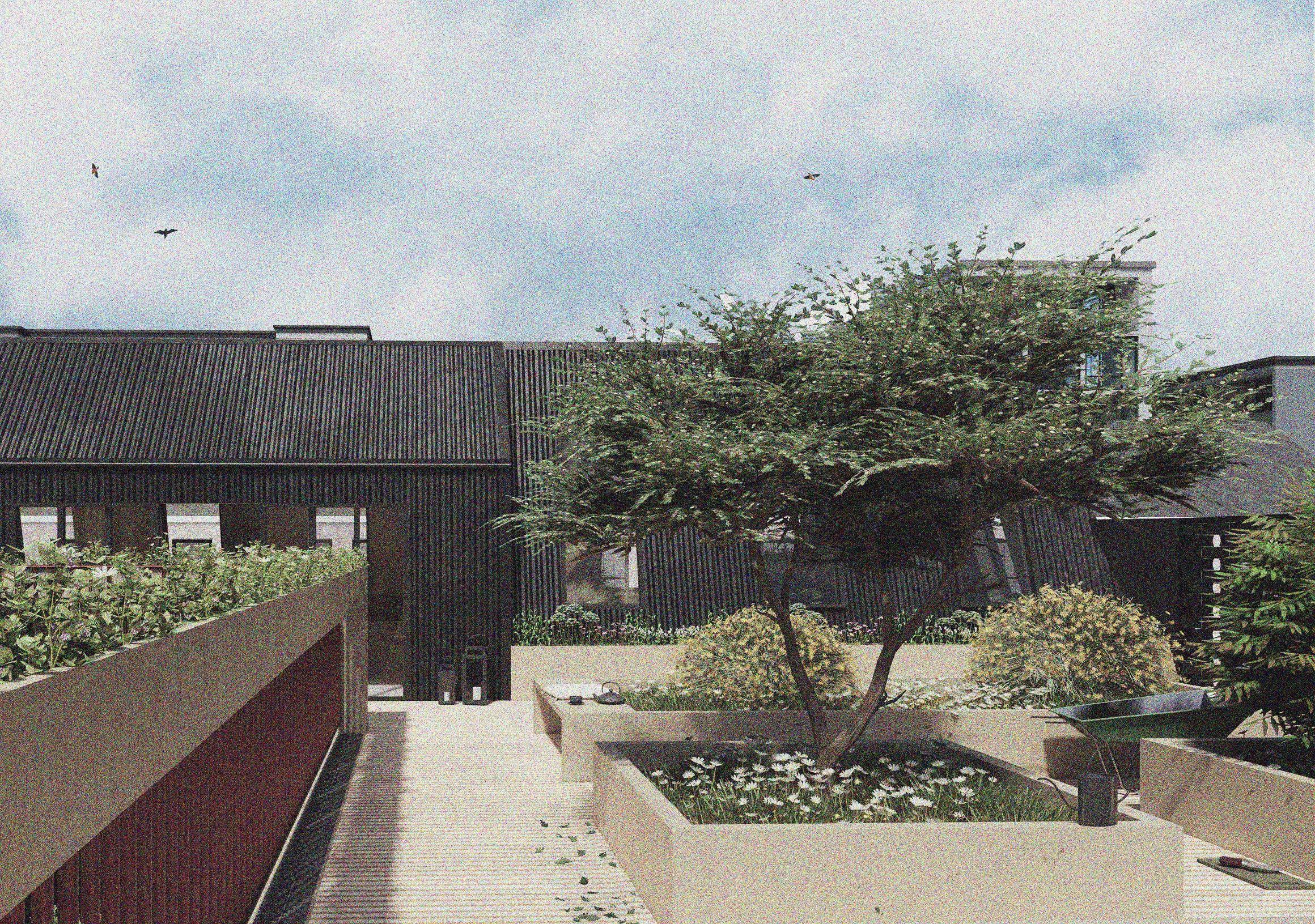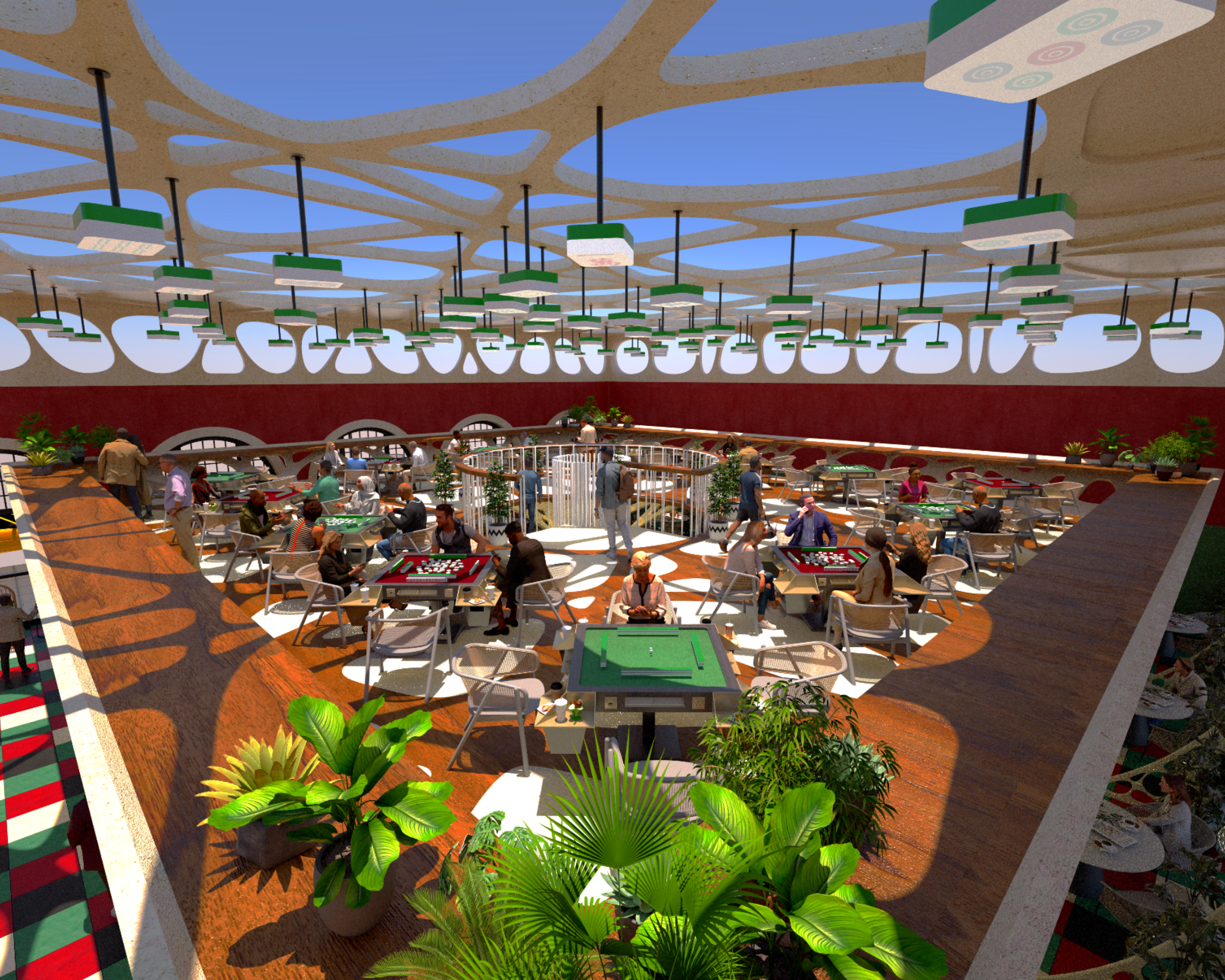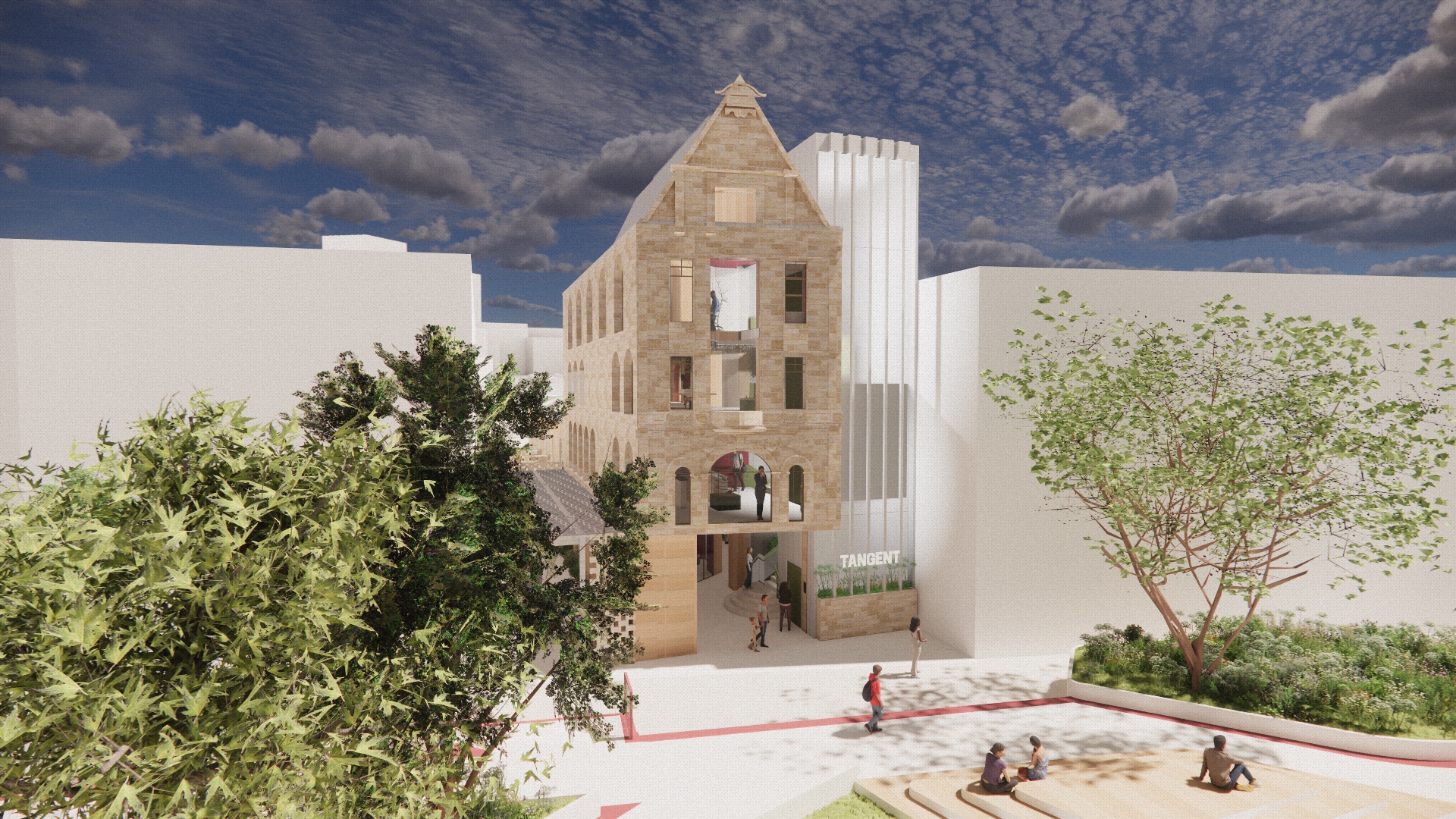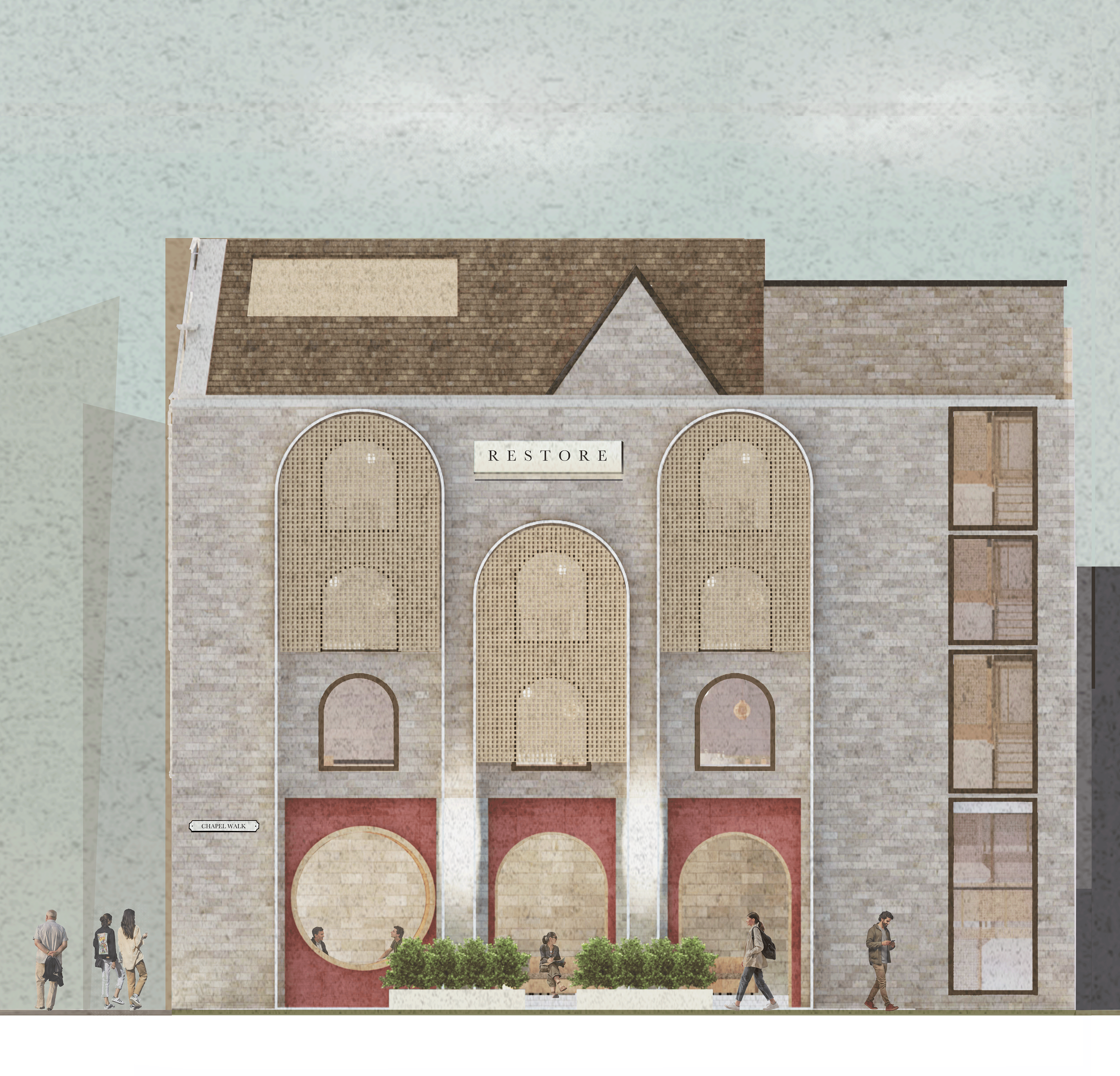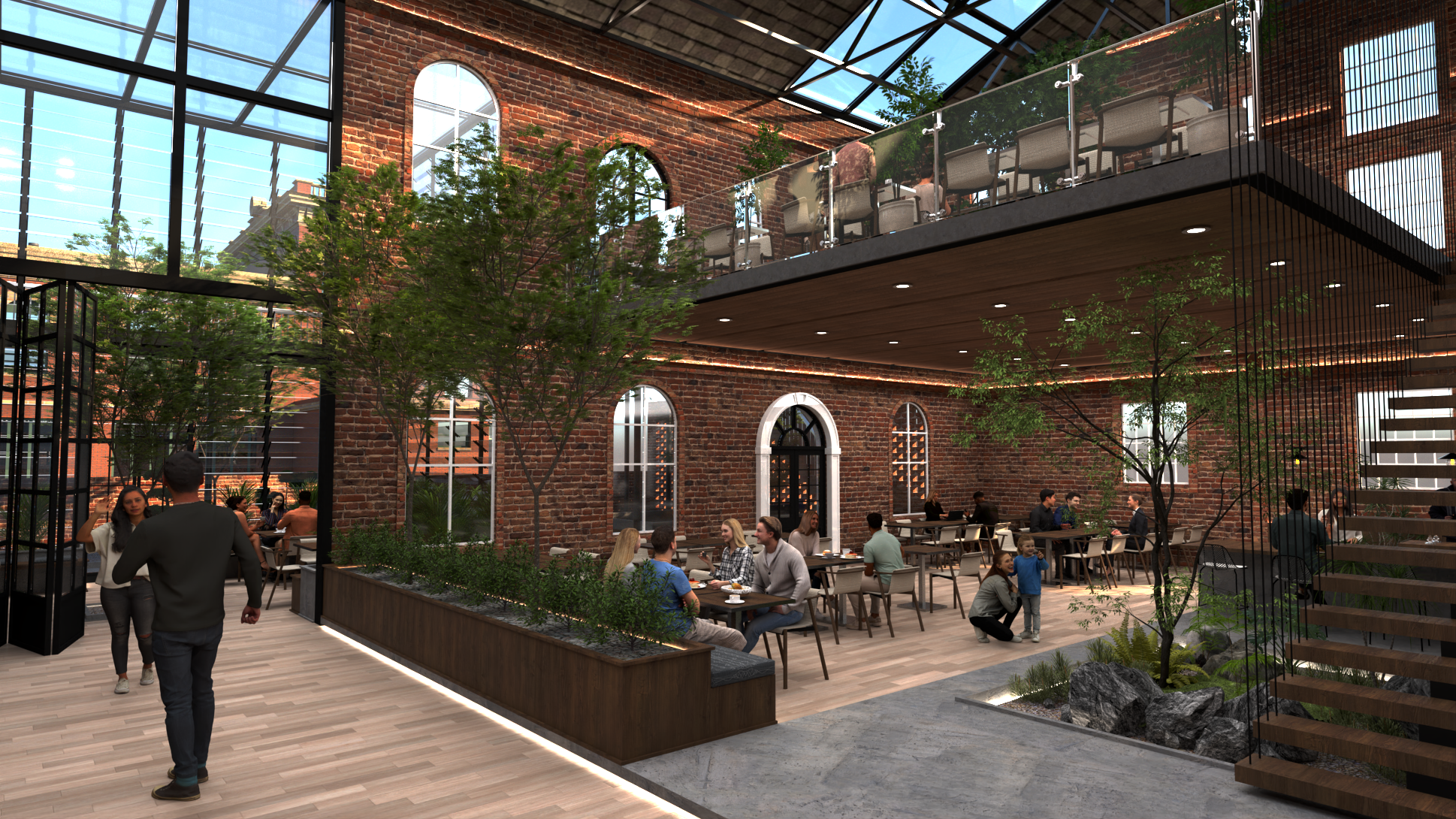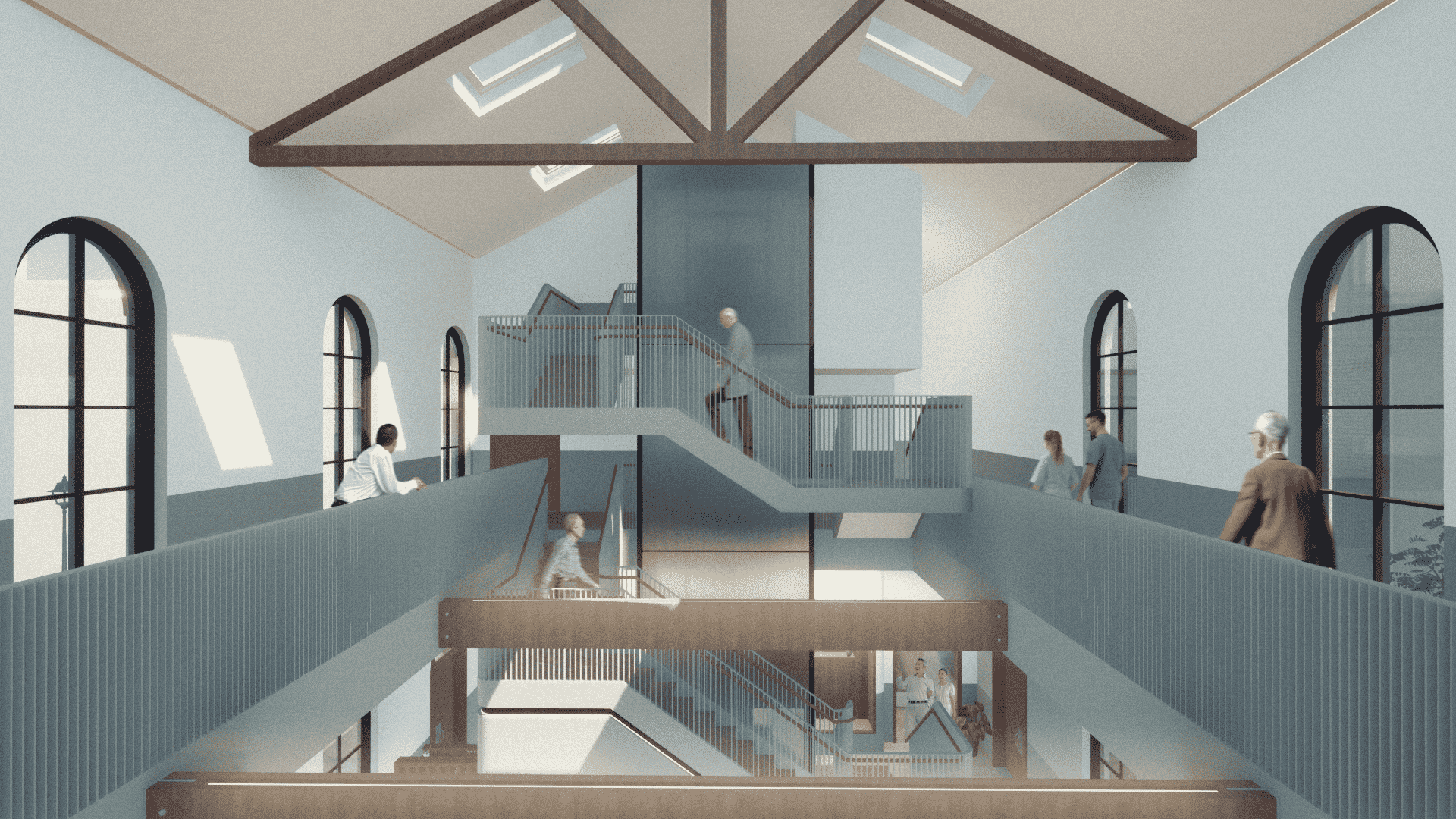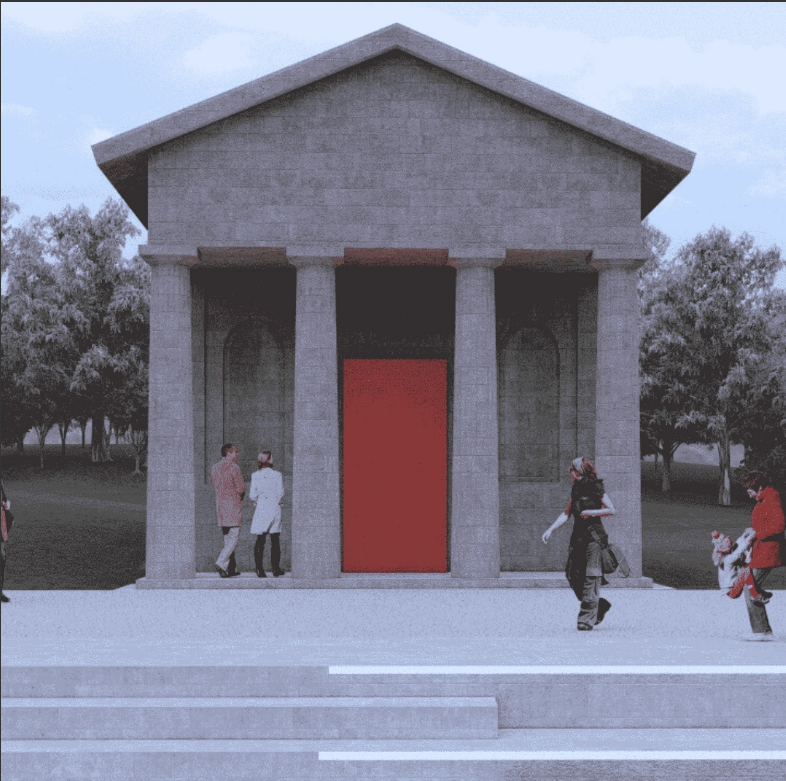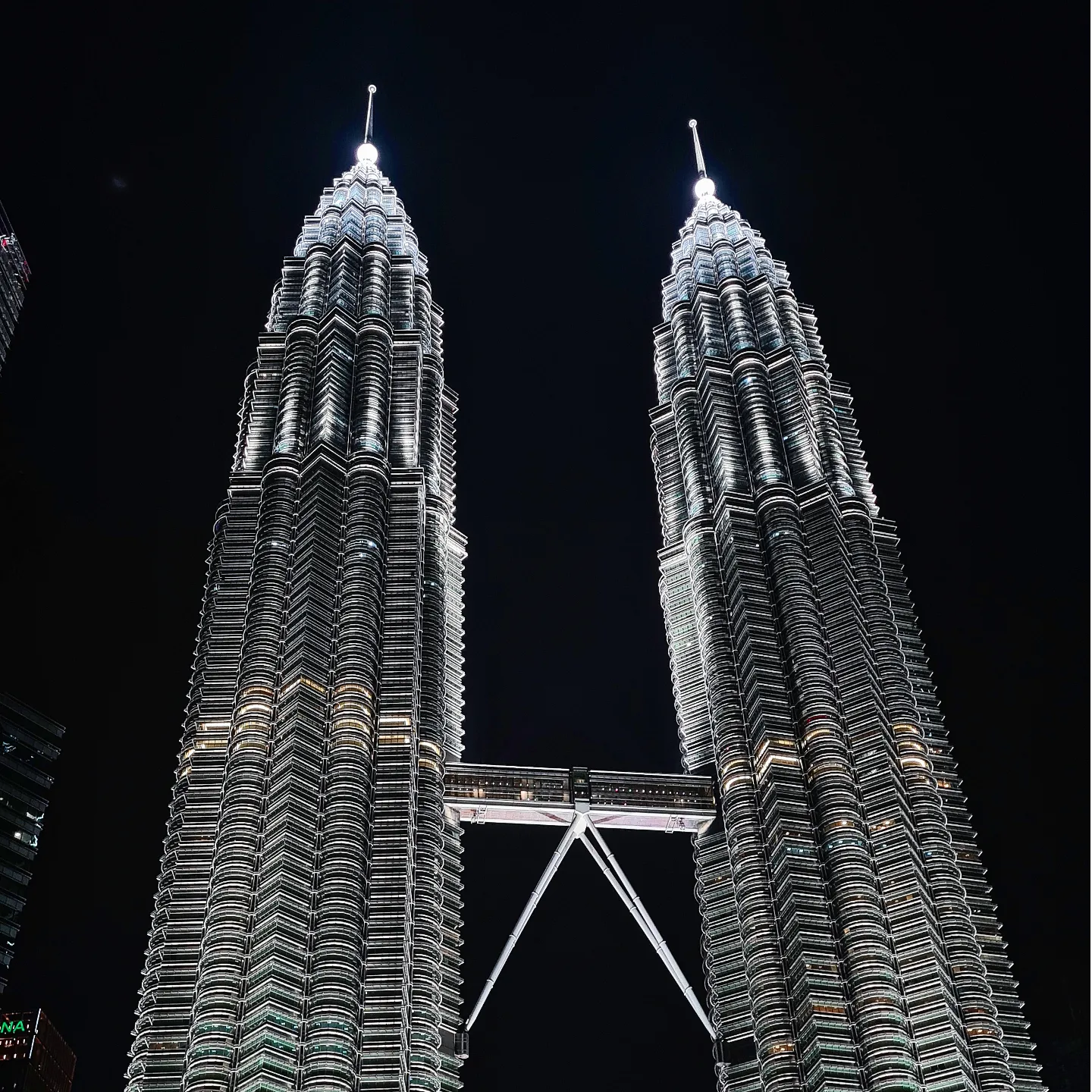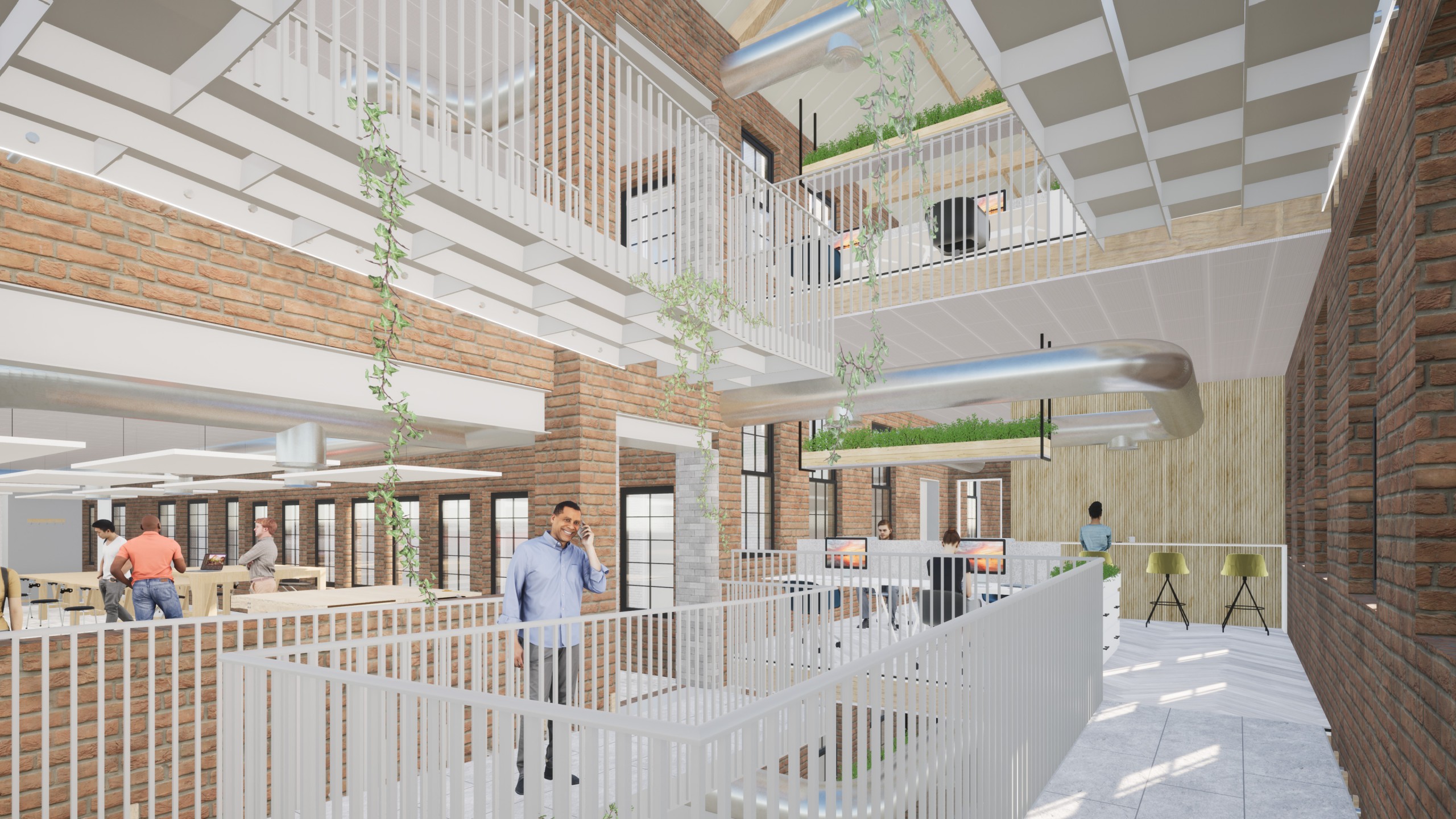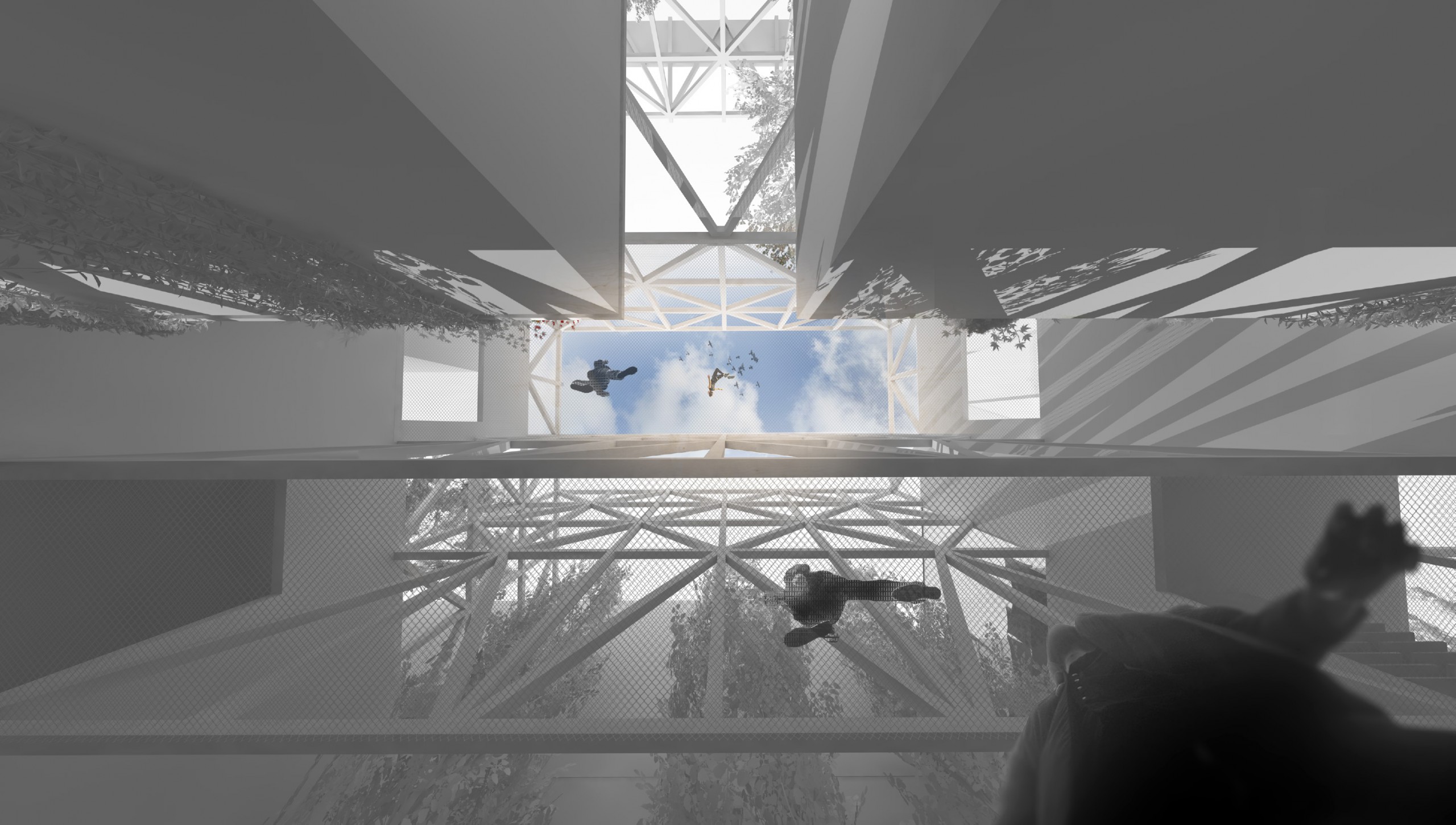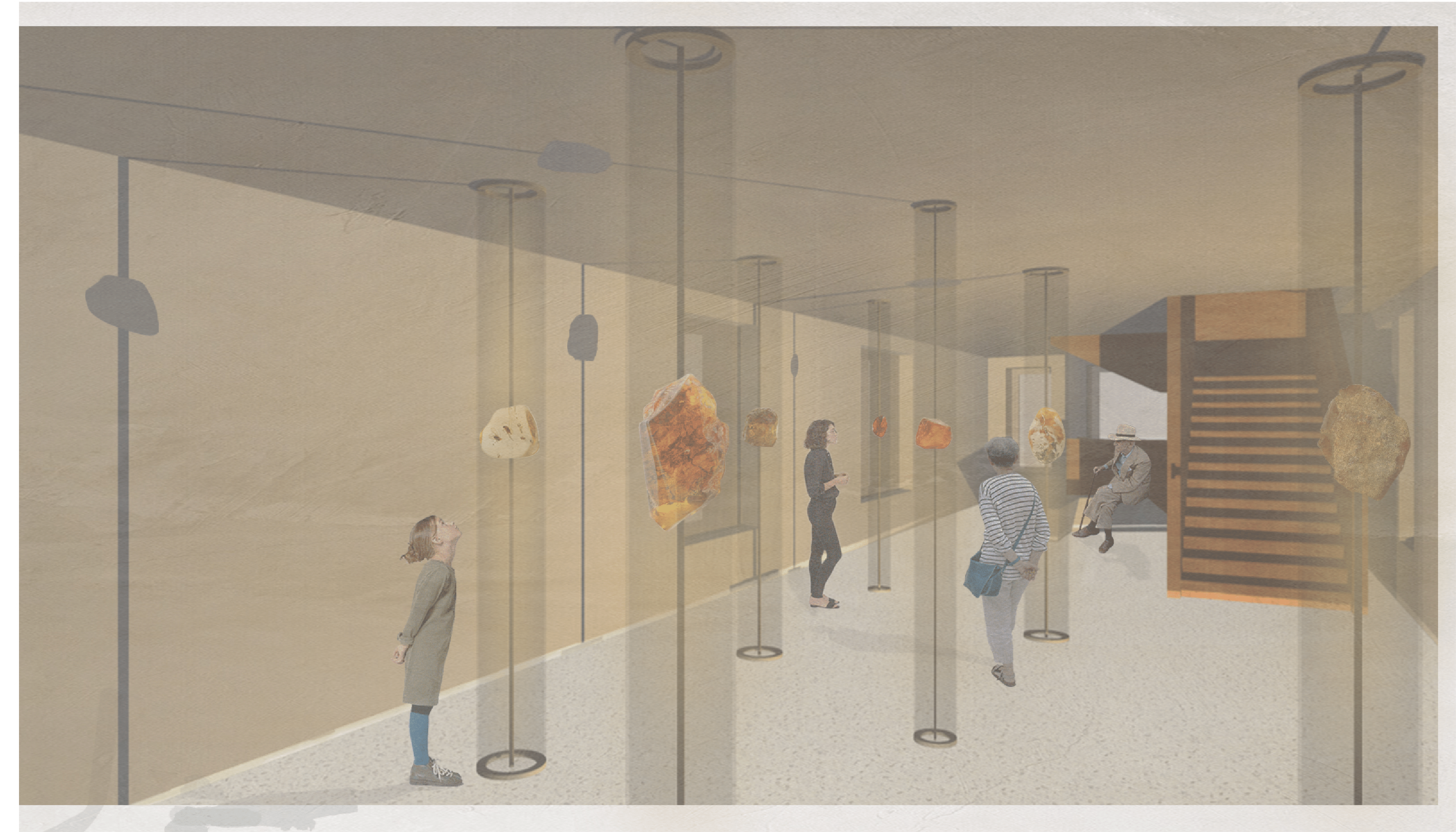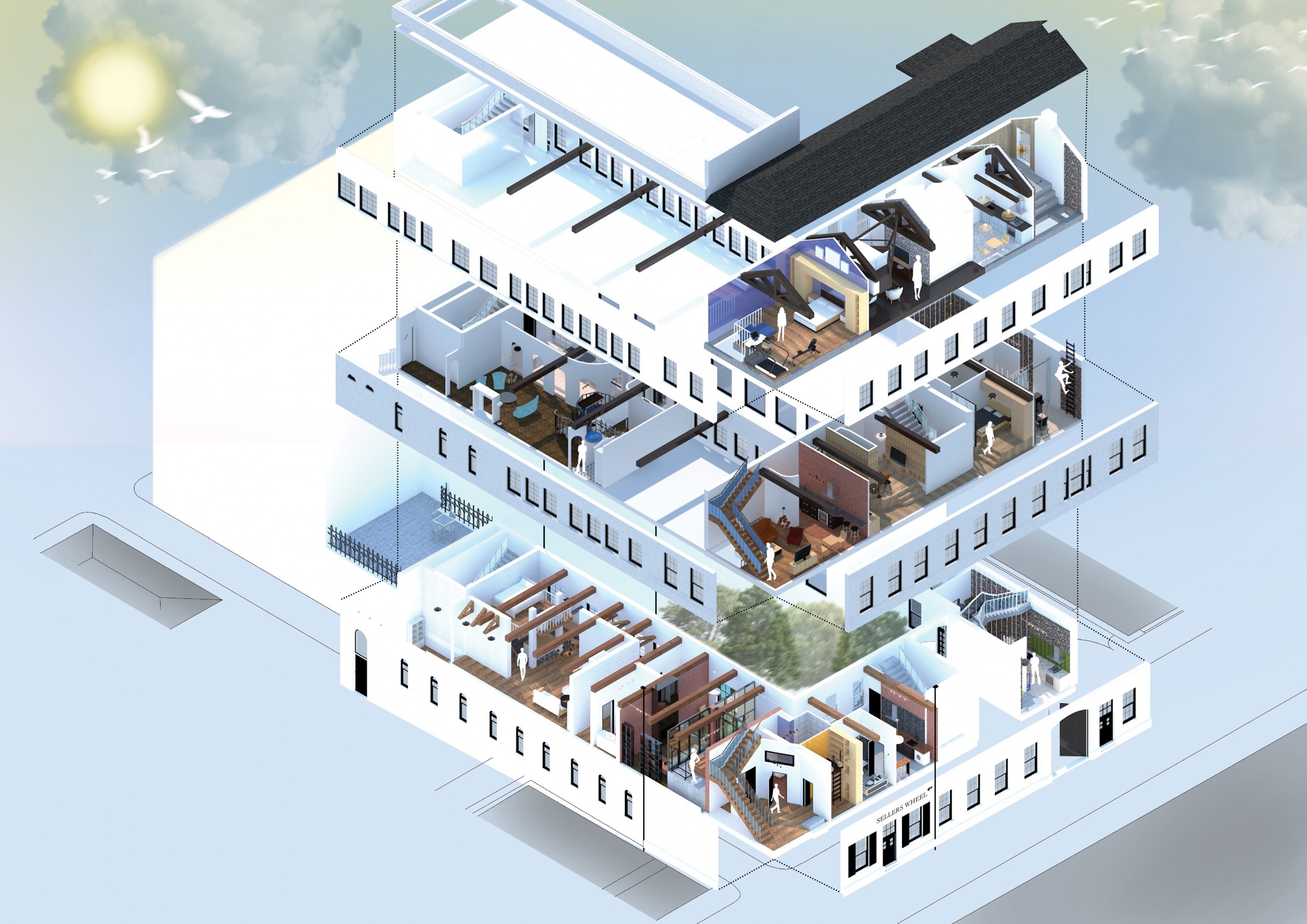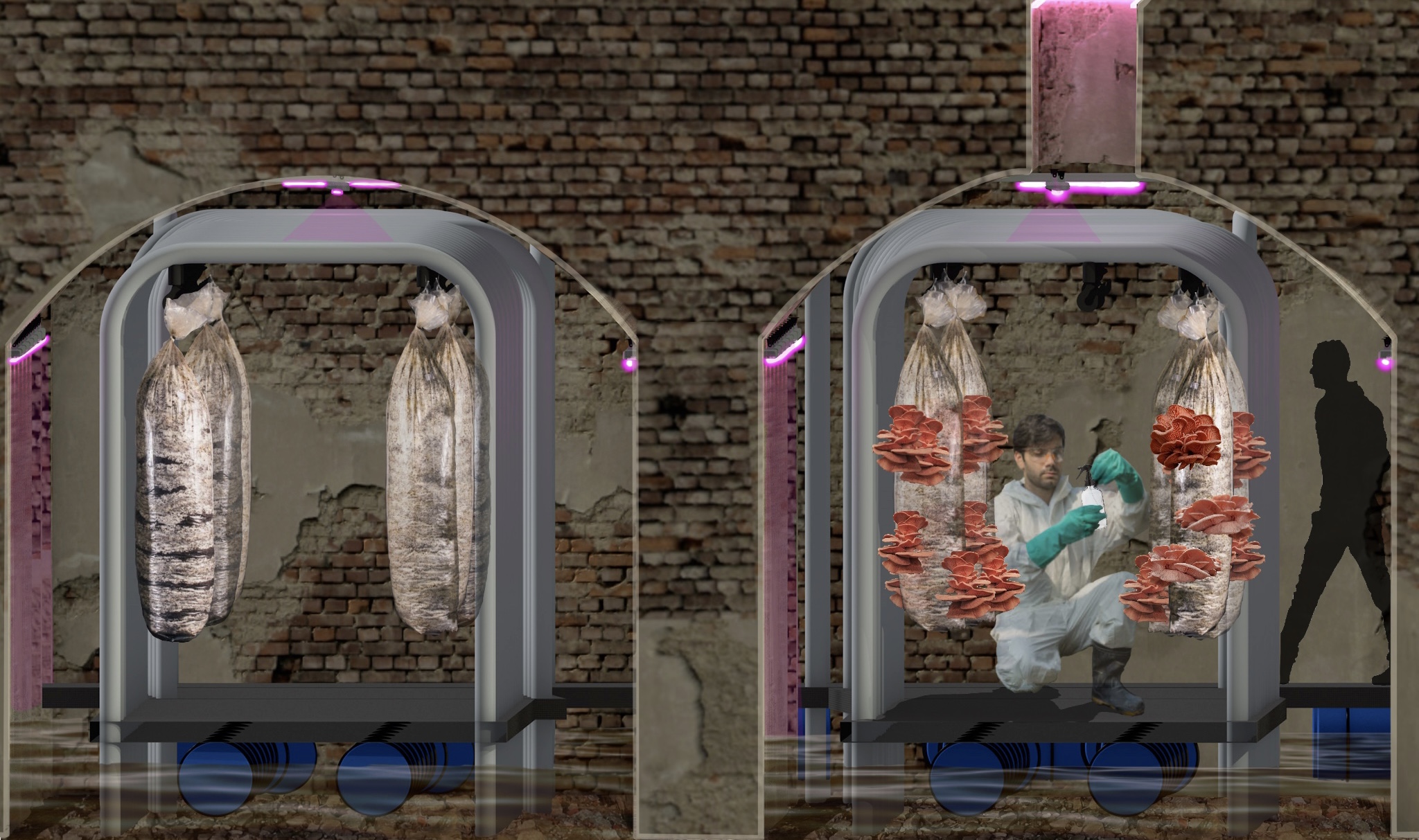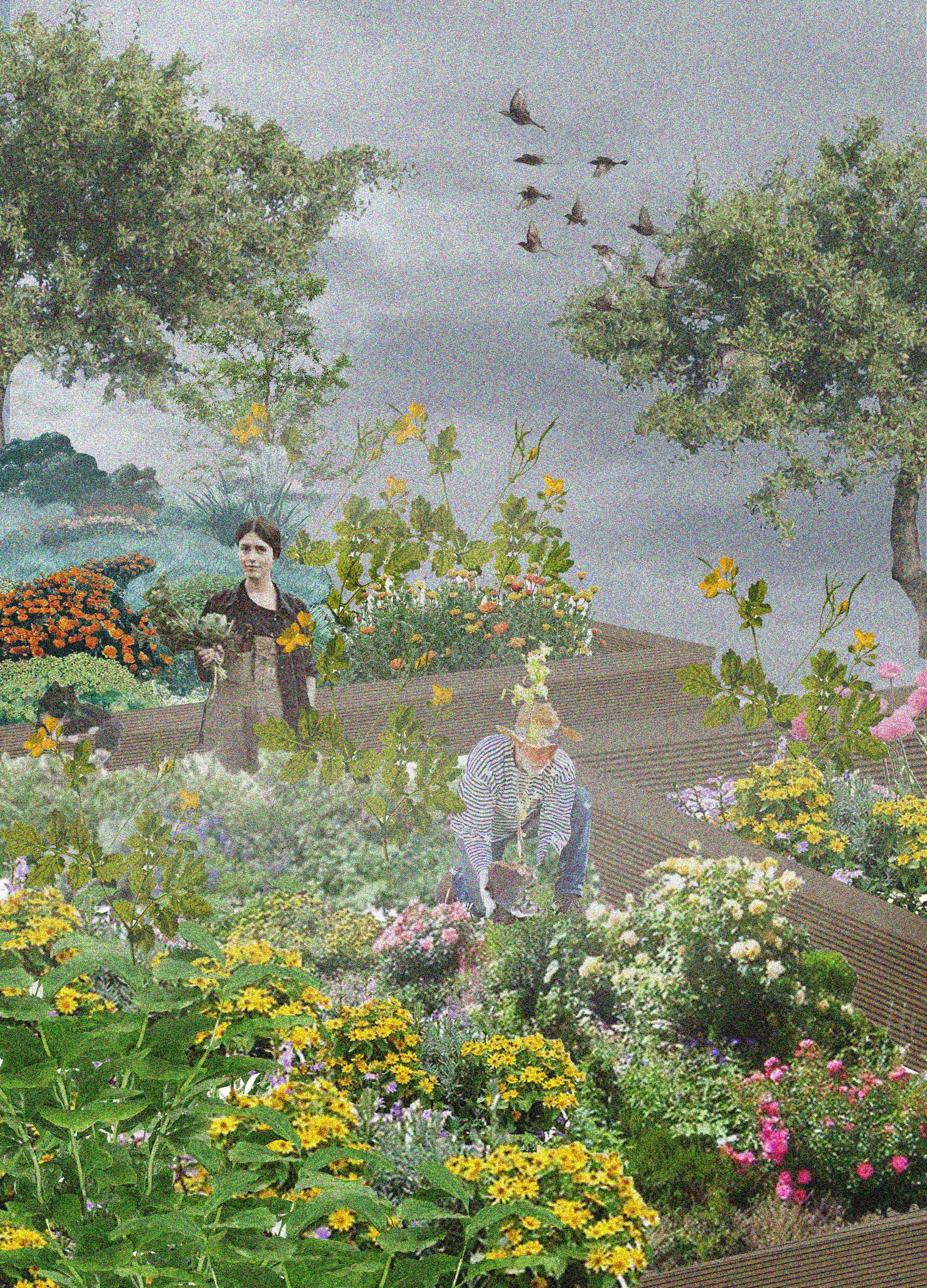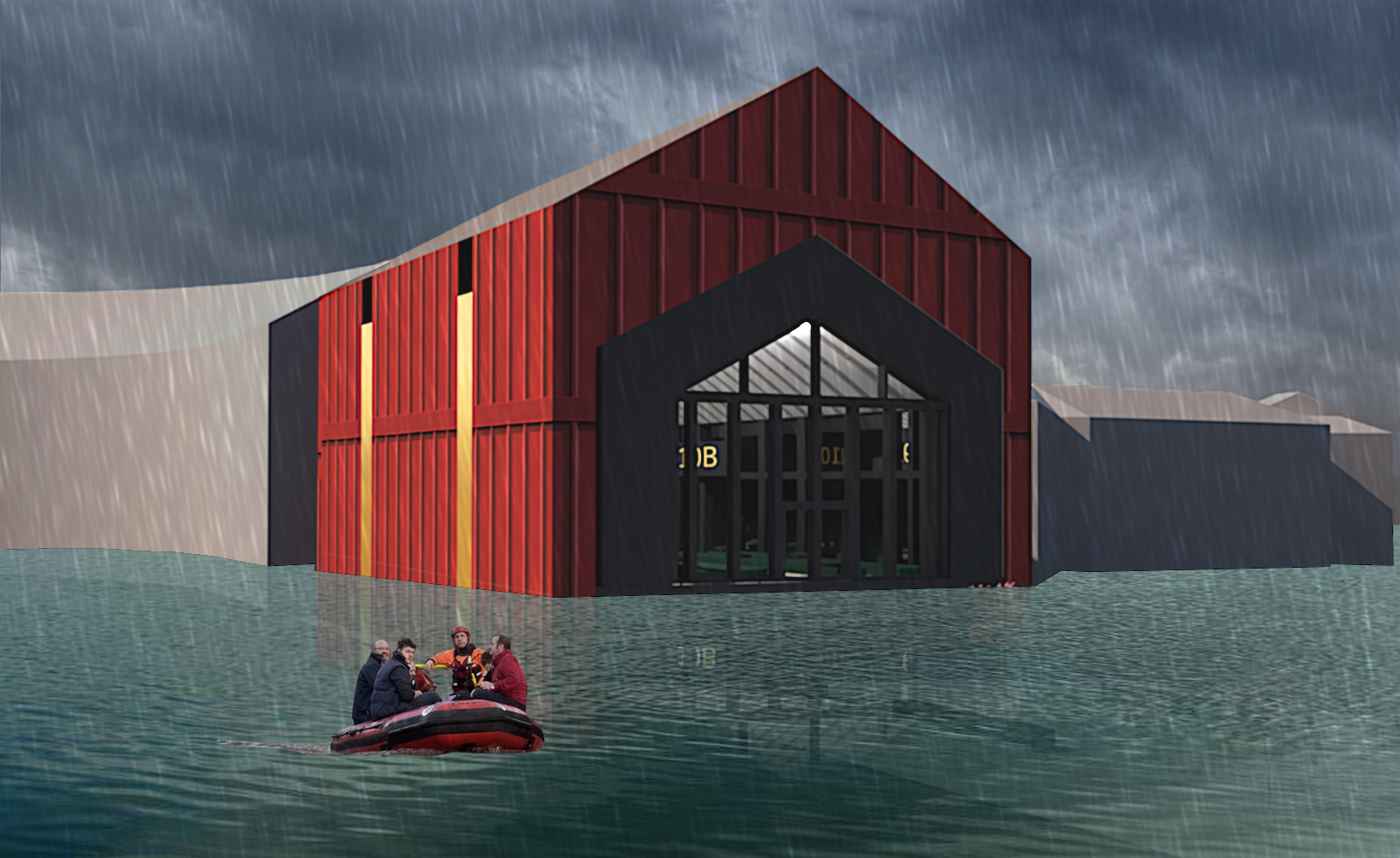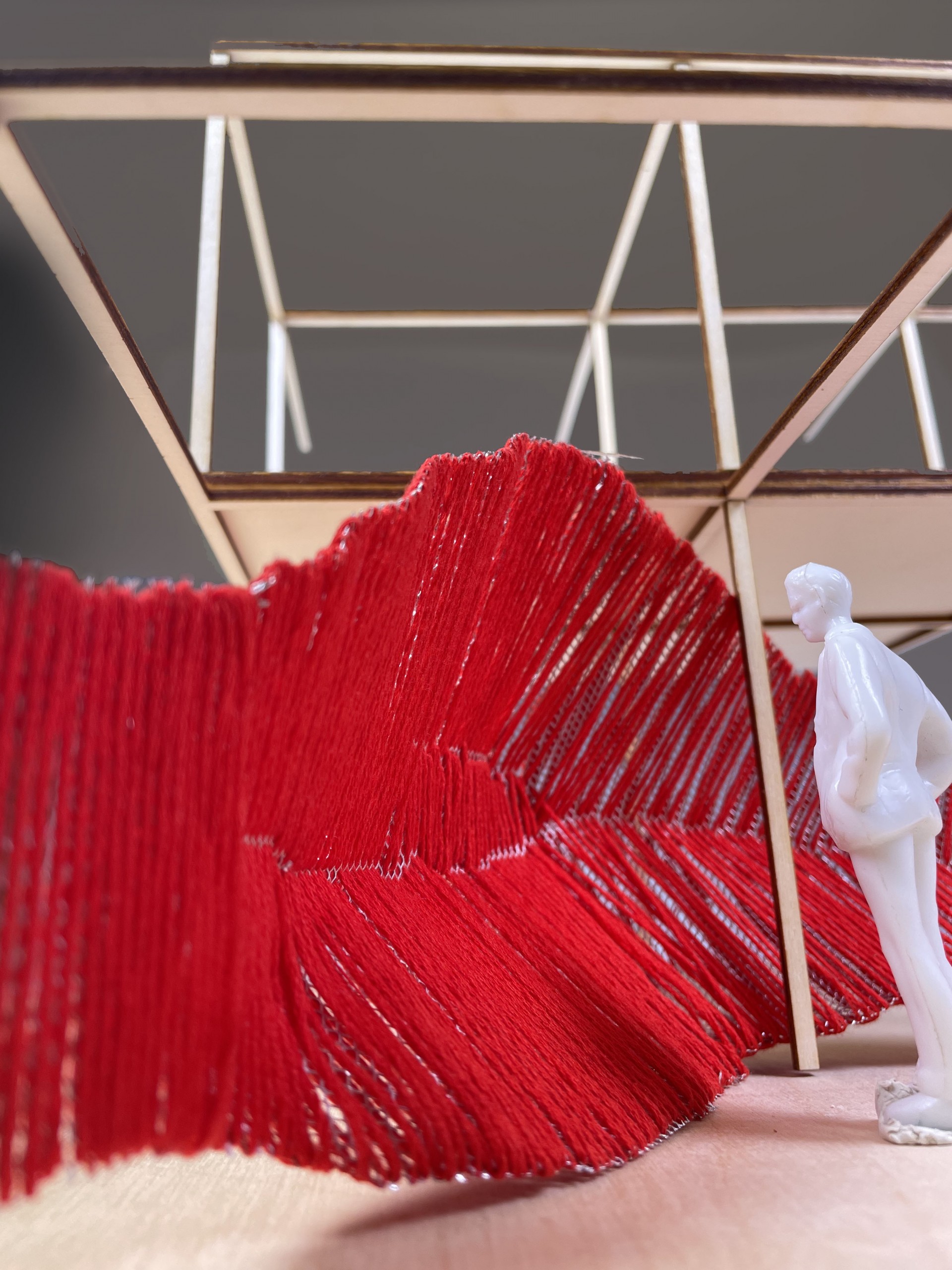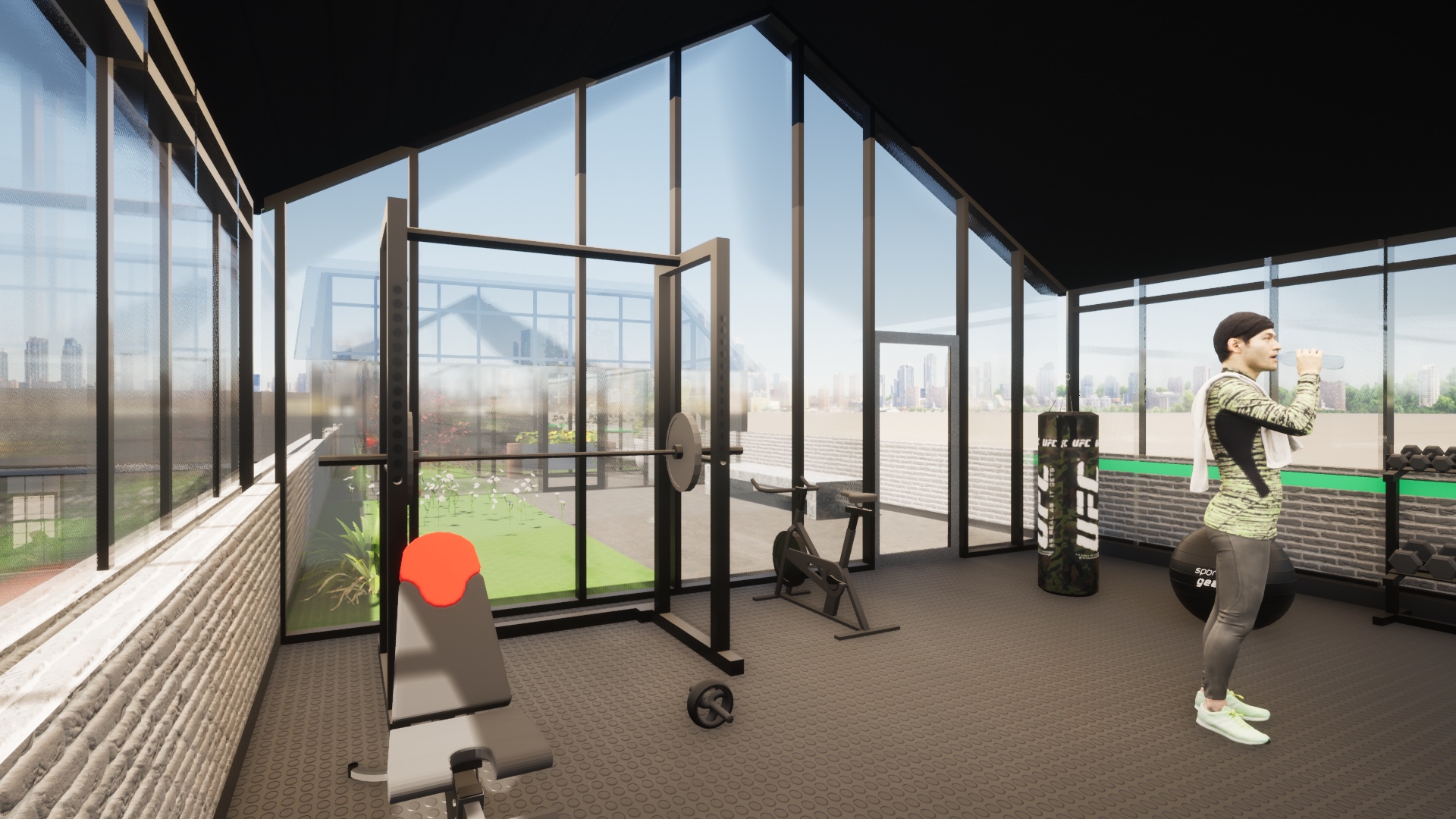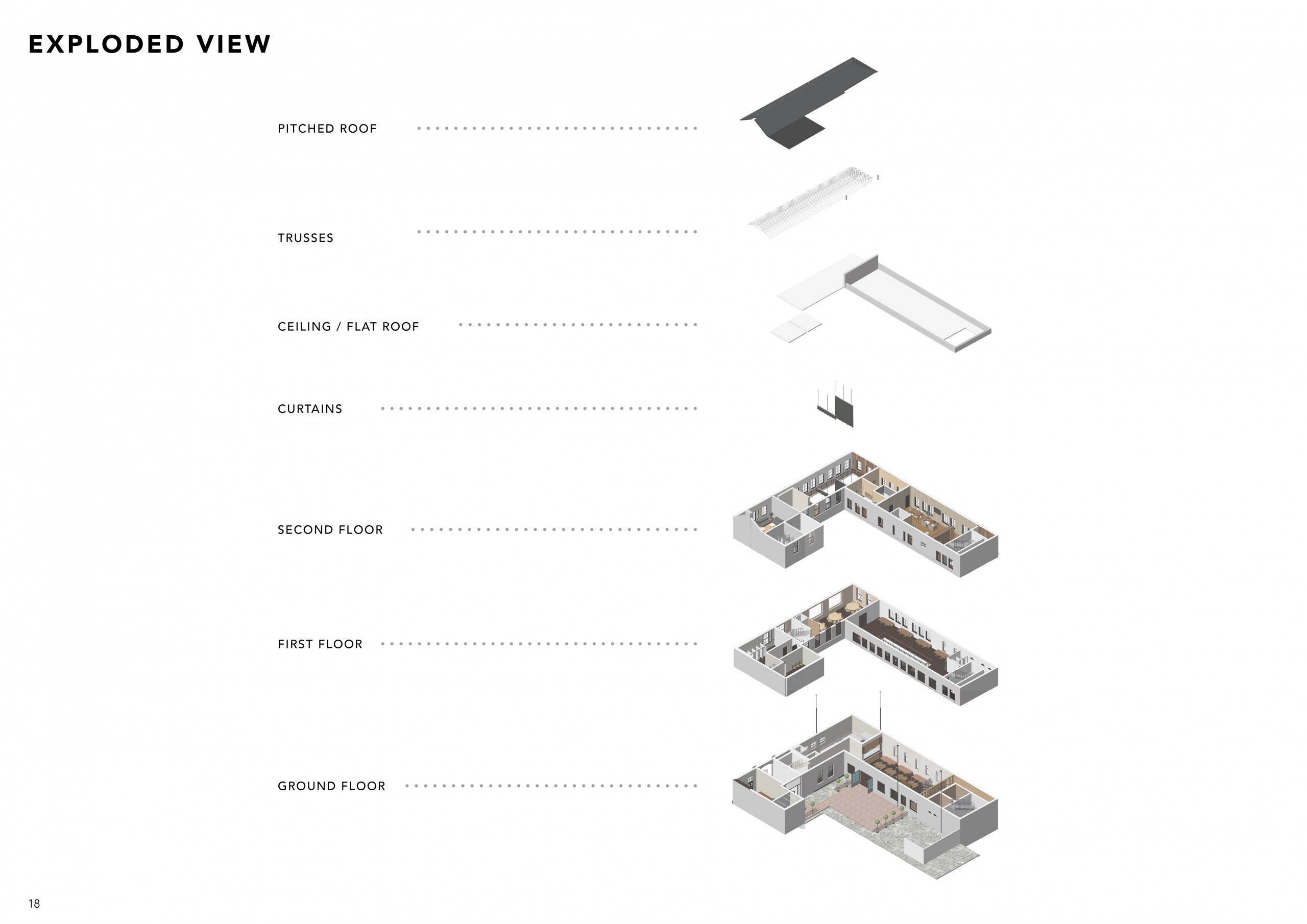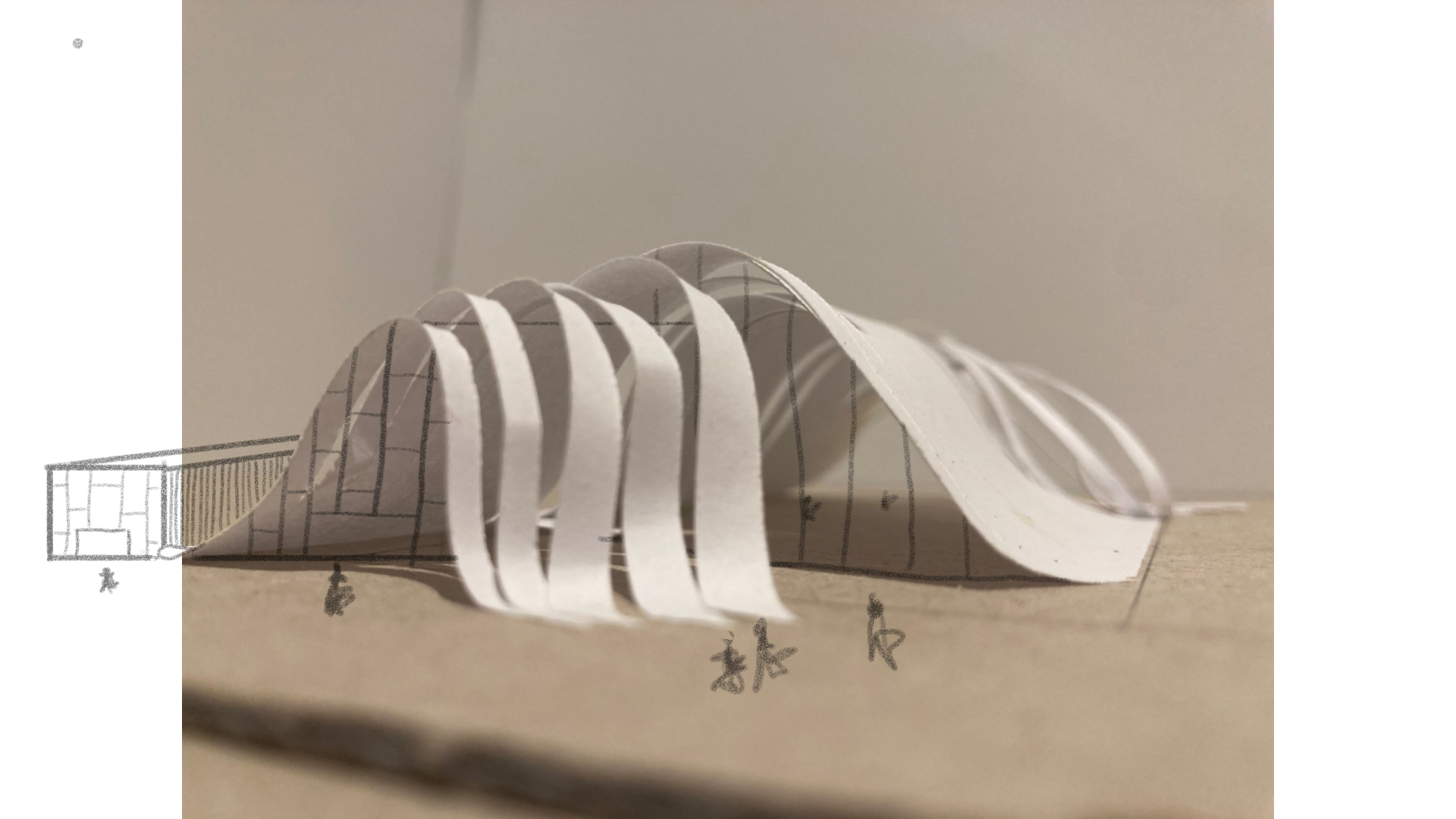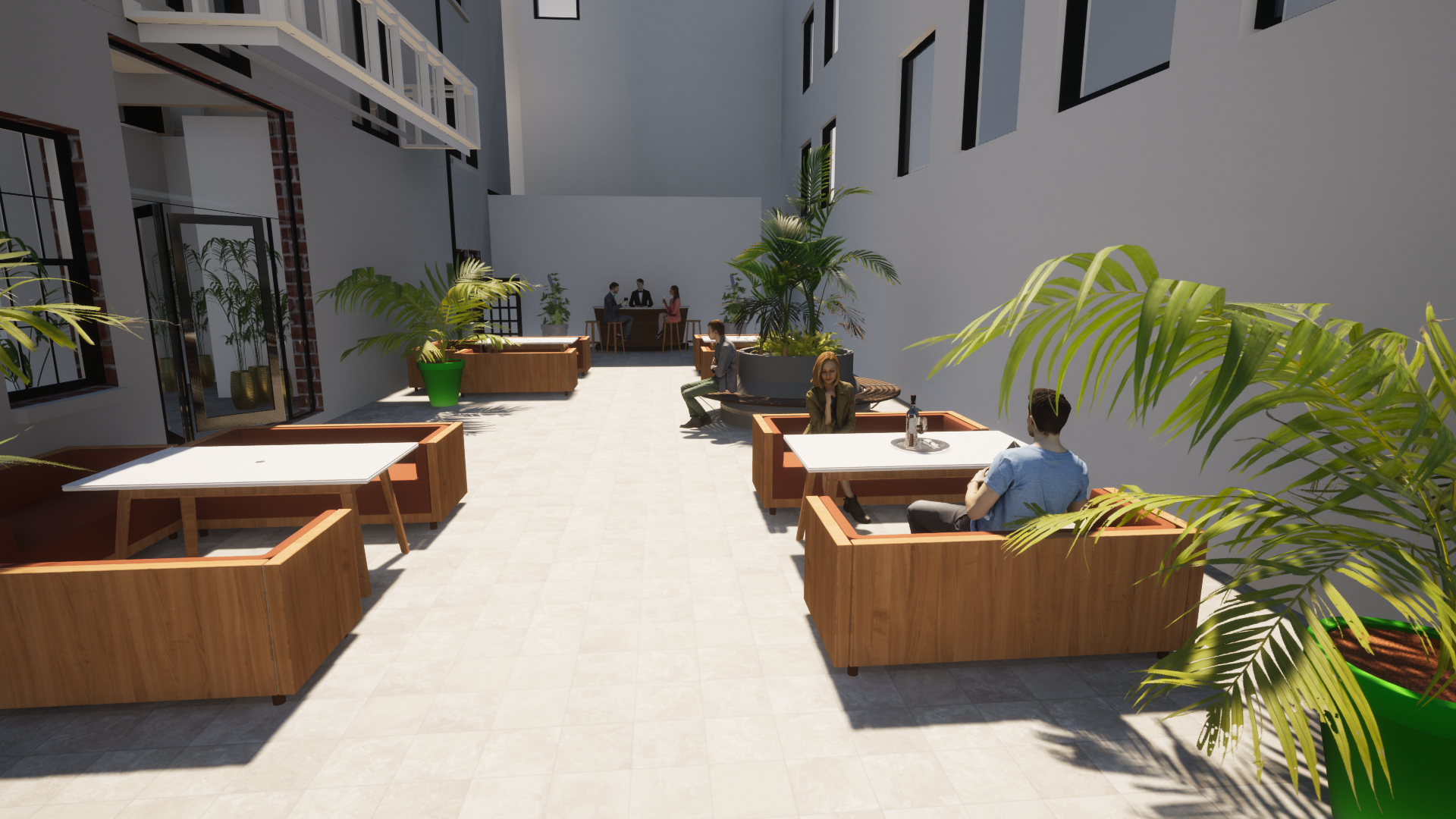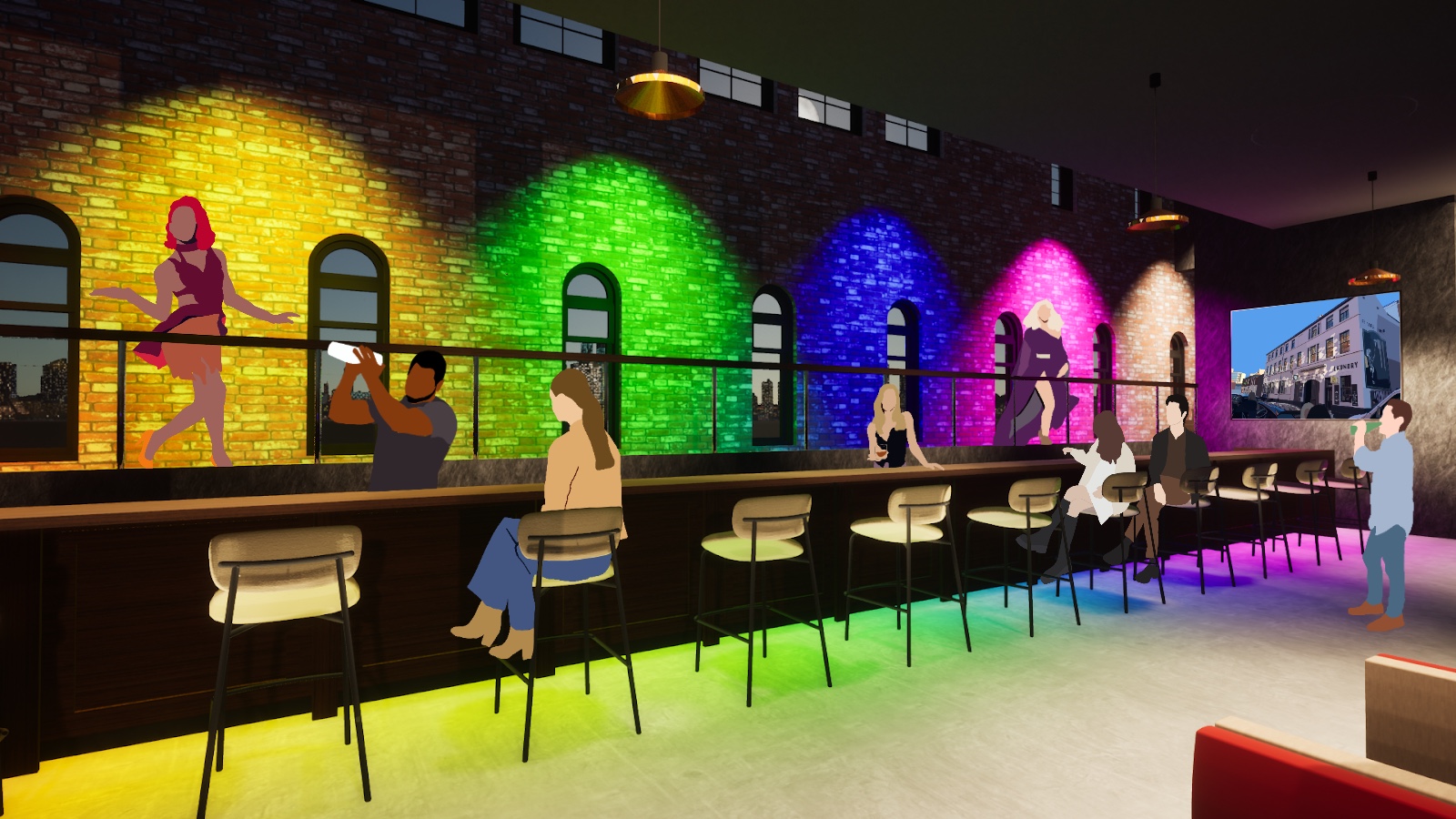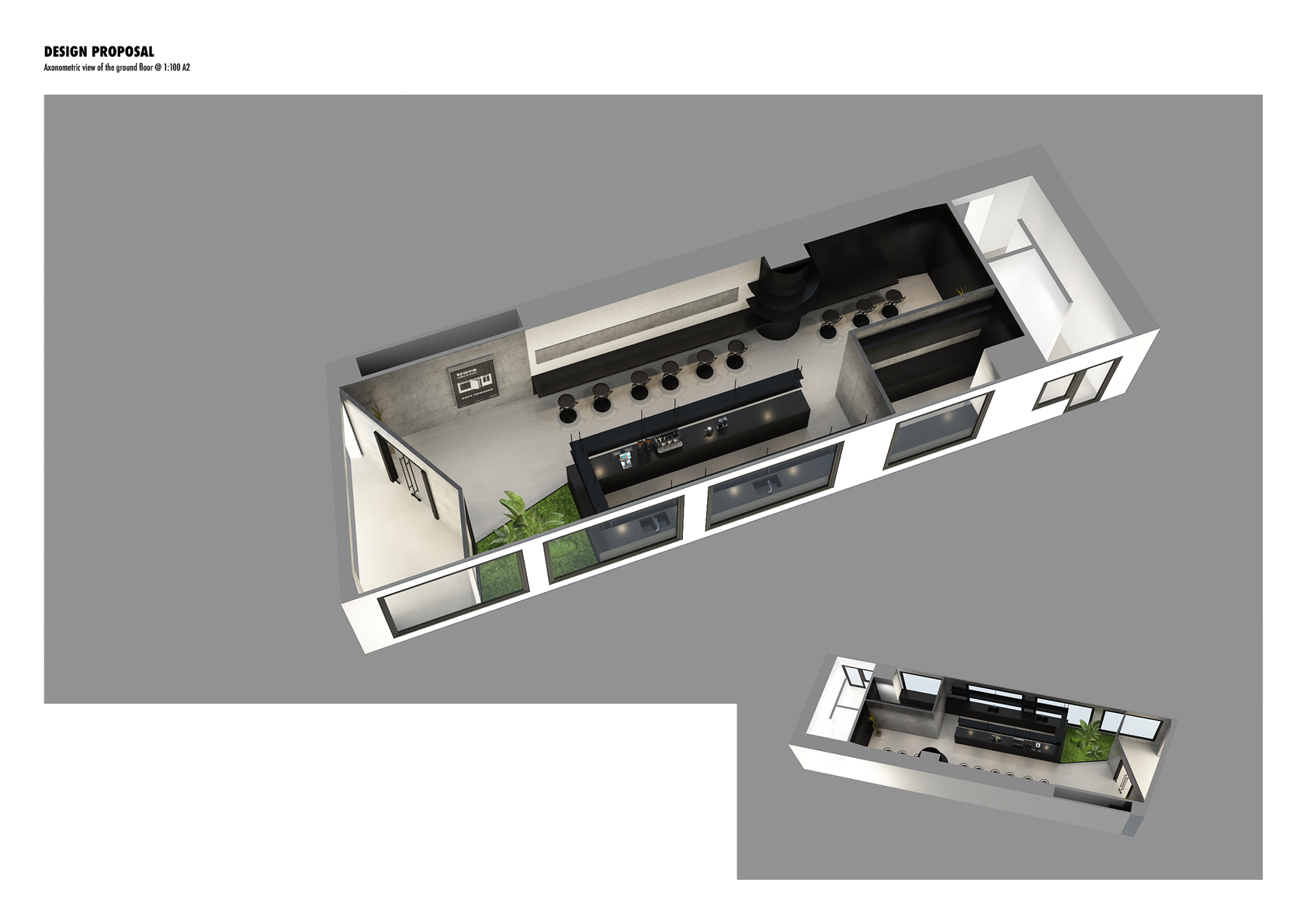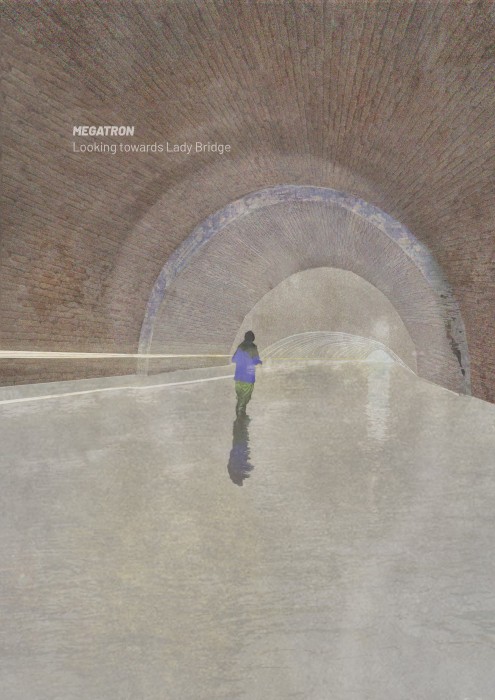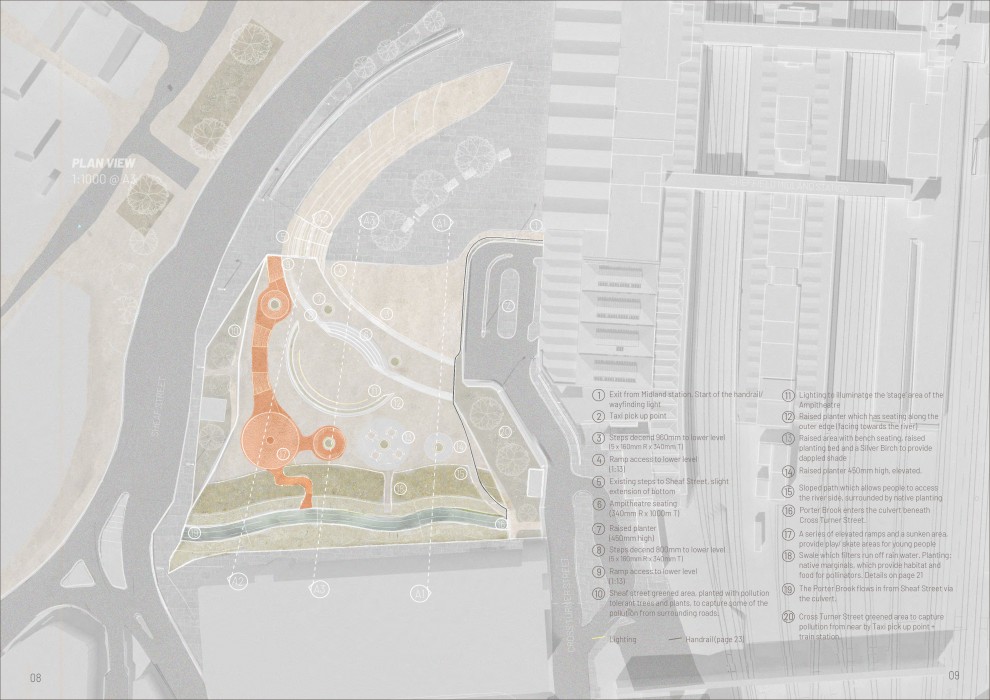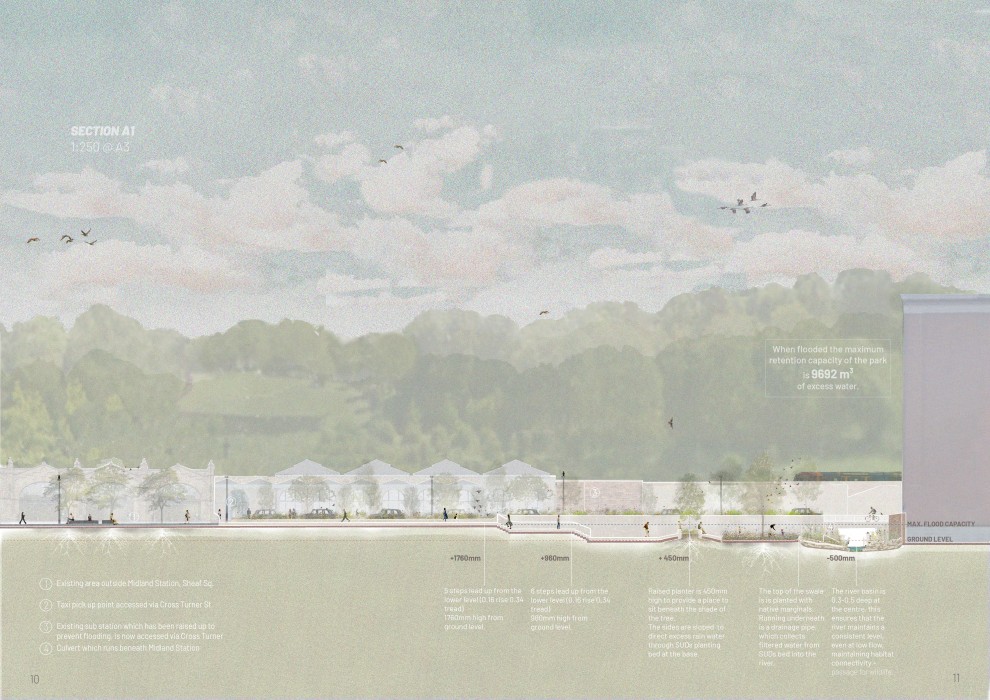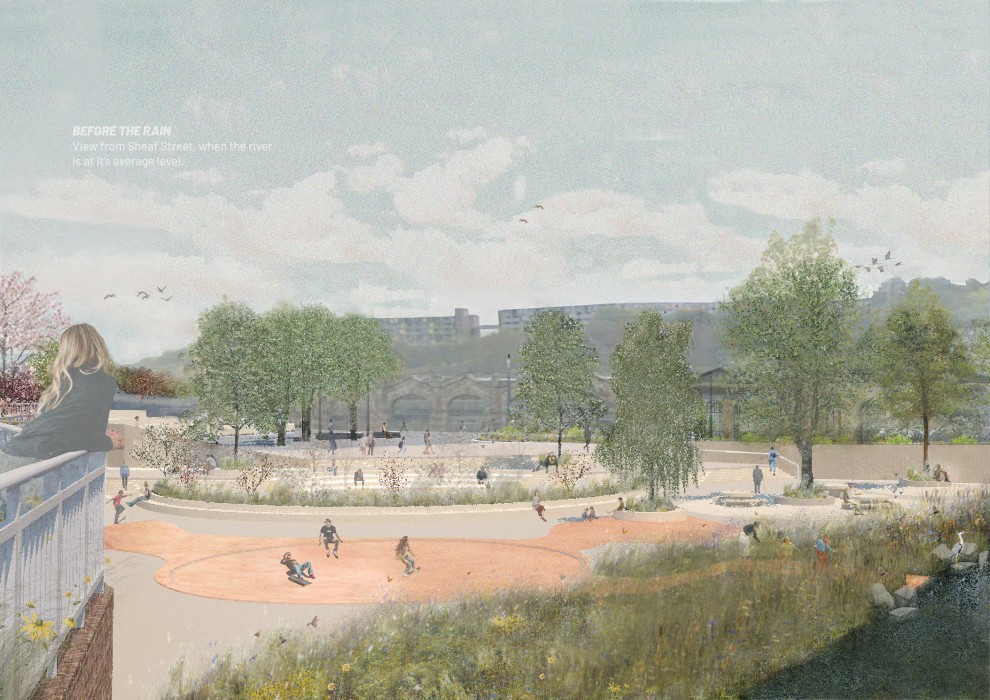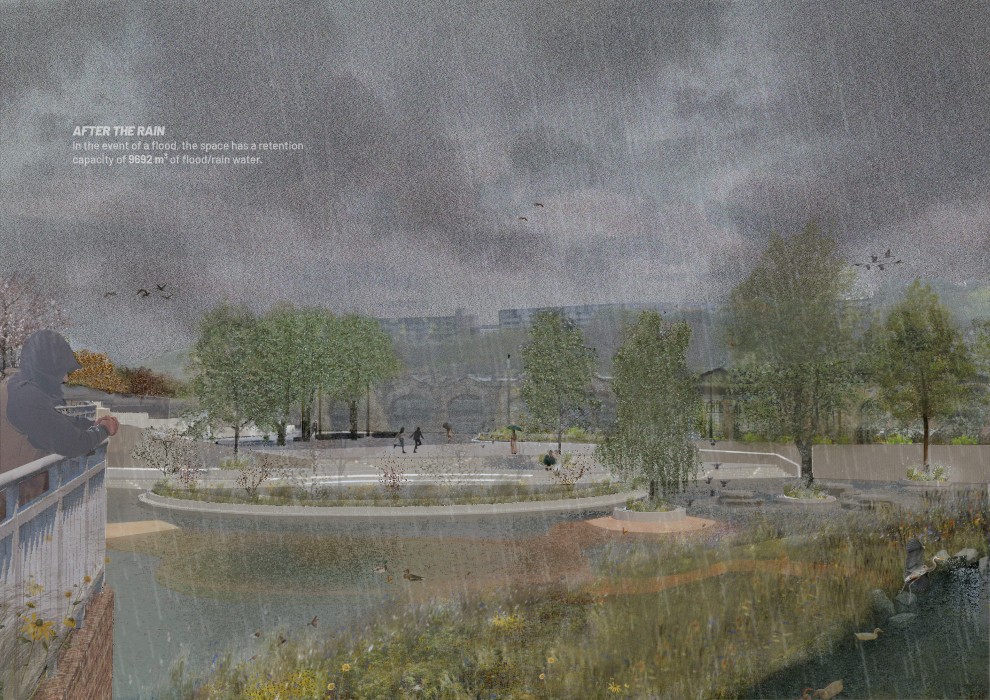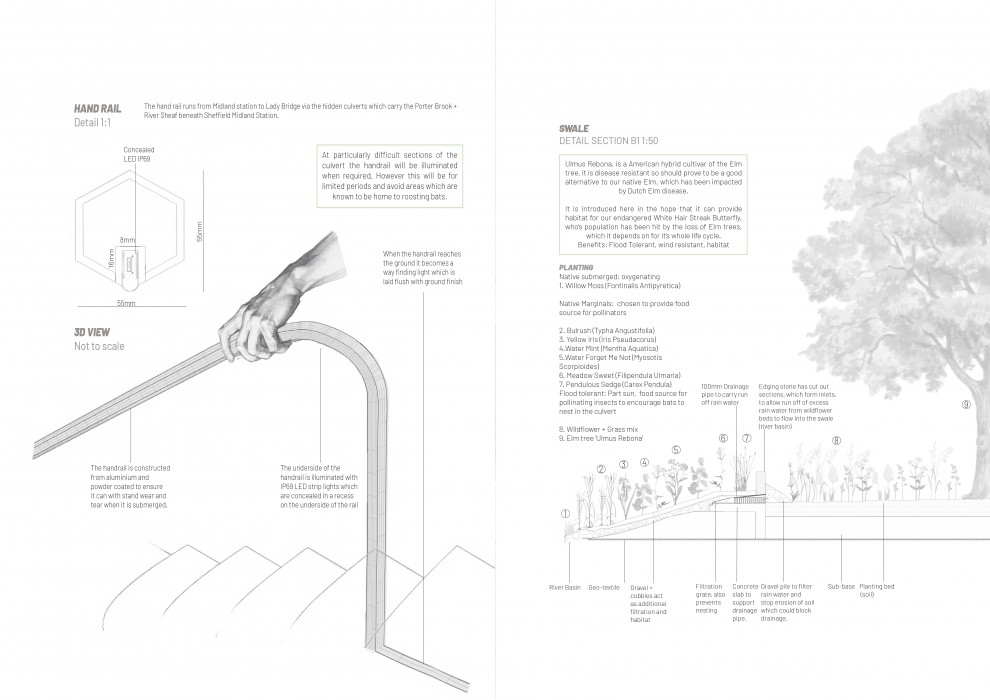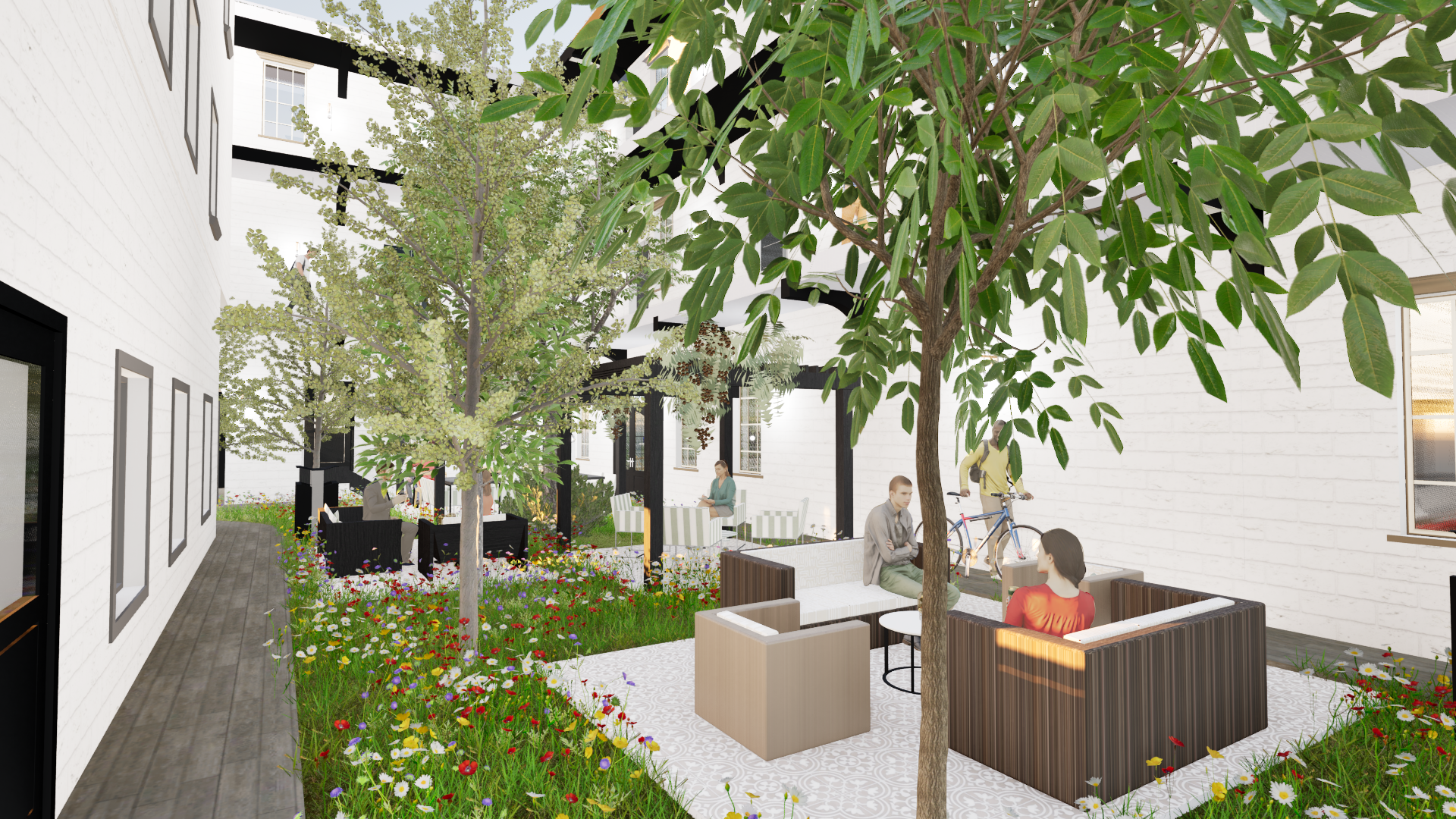
The expansion of our urban environment has altered the ecological balance, to such an extent that there are species which do not exist in our cities anymore, many of our rivers are polluted and in Sheffield city centre, they are hidden beneath roads and railways.
Our cities aren’t only hostile places for nature, they are inaccessible to some people too. My research focused on young people and found that like nature our children are retreating.
The disconnect between humans and nature harms both, as nature is pushed out, humans become more disconnected from its benefits to our health and wellbeing. The positive impact nature has on our environment is also lost, the air we breathe becomes more toxic, affecting our health and the weather becomes more volatile, causing more destructive flash floods.
We can have a beneficial impact on each other if we make the space.
If we take a no-dominance approach to designing, can we create places which allow both users to be at home, without making noticeable concessions?
Common Ground is a sunken park which can be used by people to immerse themselves in nature, play and socialise. It is a place to observe and study the condition of our rivers and native species, and through education, reconnect young people to their environment. However, when it rains and humans retreat, the space can be completely consumed, holding 9692m³ of excess rain/flood water. Designed to slow the flow of the river and increase retention in the city centre, providing an early warning to communities down river, and potentially reducing the impact on them.

